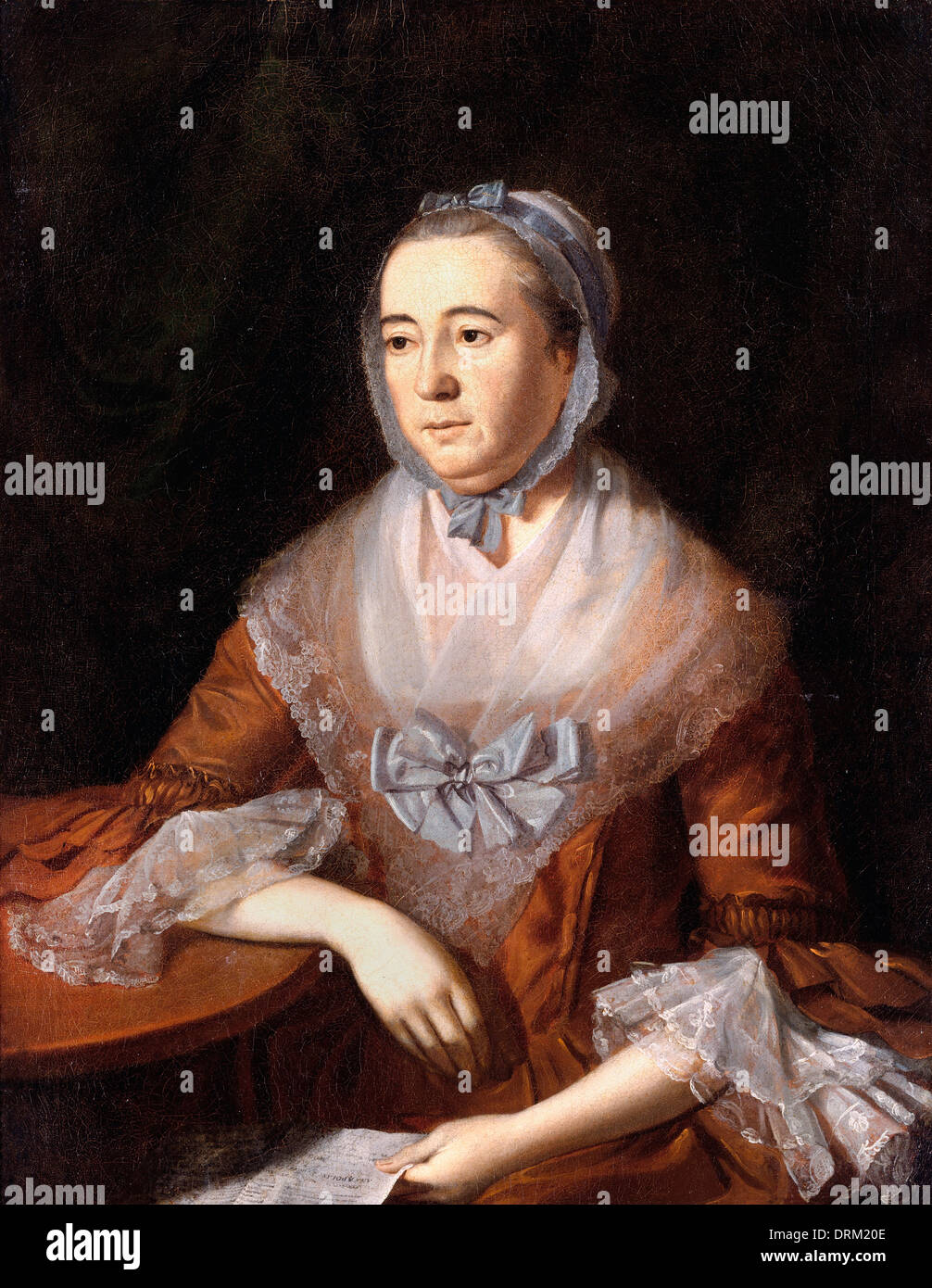

Included on the list were “Caty and young Children about 22” (meaning Caty was about age 22) as well as Ralph.

In a move that was likely intended to prevent the enslaved from being seized, Dolley transferred about 50 enslaved people to John Payne Todd in June or July 1844. Sarah particularly noted the plight of the Taylors, with Catharine and her children being at Montpelier while Ralph was in Washington: “The husband of Caty is with you what is to be done with her and her children.” Sarah begged Dolley to arrange sales to neighbors or make other arrangements to prevent husbands and wives from being sold apart from each other. On July 5, Sarah Stewart wrote to Dolley that the sheriff planned to sell all of the enslaved who still remained at Montpelier. The bond stated that the debt was payable in cash or “in negroes at a fair price.” In May 1844 the court ordered the sheriff to seize Dolley’s “goods and chattels” – meaning enslaved people – to pay the bond. Dolley lost a lawsuit brought by her brother-in-law William Madison over a $2,000 bond that he had pressed Dolley to sign, for money he believed he was still owed from James Madison Sr.’s estate. The Taylors had more to worry about that summer than just each other’s health. “What is to be Done with Her and Her Children?” ) Paul Jennings, who had come to Orange to visit his seriously ill wife, wrote Dolley’s maid Sukey with a similar message for Ralph two days later: “tel Ralph Catey is well an intend to write to him soon.” When Paul wrote Dolley on August 6 with news of his wife’s death, he also noted that everyone at Montpelier was well “with the exception of Caty – Ralph’s wife, who I was told yesterday is quite sick.”


On Peter Walker wrote to his wife Rebecca (who was in Washington with Dolley), passing a message from her sister Catharine in Orange: “tell Ralph Katy says she would have written to him but she has been so situated as to put it out of her powers.” (Catharine would have needed to find someone to write a letter for her, as the 1860 census shows that Catharine and Ralph could not read and write. While the Taylors were separated, other members of the enslaved community passed along news and greetings. In April 1844 Catharine’s husband Ralph went to Washington while Catharine remained at Montpelier. Dolley’s correspondence with her son John Payne Todd suggests that members of the enslaved community were periodically sent back and forth between Montpelier and Washington, at the convenience of Dolley or her son. It is not always clear which enslaved servants were serving Dolley in Washington at any given time. In 1843 Dolley debated which of the domestic workers to send ahead of her arrival, writing to her niece, “I will send somebody on before me, tho’ I cant tell whom or when, as Judy, Beck & Caty have little babies.” (Catharine’s second child Sarah Elizabeth was presumably one of the “little babies.”) After discussing several other members of the enslaved community, Dolley concluded that her maid Sukey was the only person who seemed suitable to her at that moment, concluding, “so I dont know how I am to be waited upon in the Capital.” When the widowed Dolley Madison began dividing her time between Montpelier and her house on Lafayette Square in Washington DC, she took some – but not all – of the enslaved domestic workers from Montpelier with her on each trip to the capital city. 1849).īoth Catharine and Ralph were domestic servants. Often called Caty, Catharine married Ralph Philip Taylor, with whom she had five children: William Henry (born ca. Catharine’s siblings included Benjamin Stewart, William Stewart, Rebecca Stewart Walker, Ellen Ann Stewart White, and Thomas Stewart. Catharine’s mother was Susannah (Sukey) Stewart, Dolley Madison’s enslaved maid. Catharine Stewart Taylor was born in the 1820s, likely at Montpelier, where she was enslaved by James Madison.


 0 kommentar(er)
0 kommentar(er)
